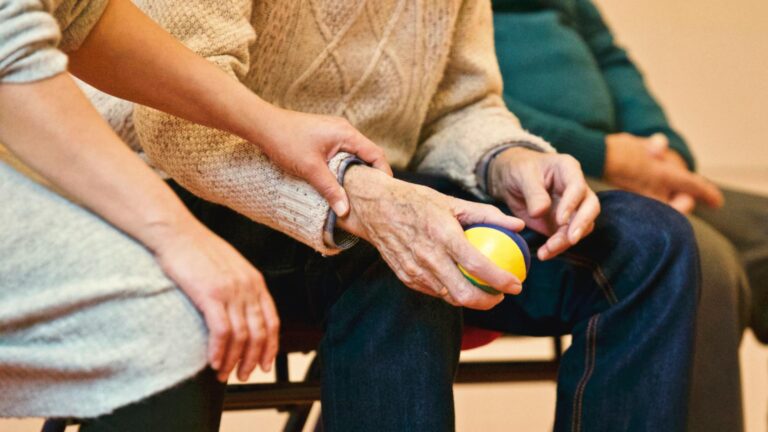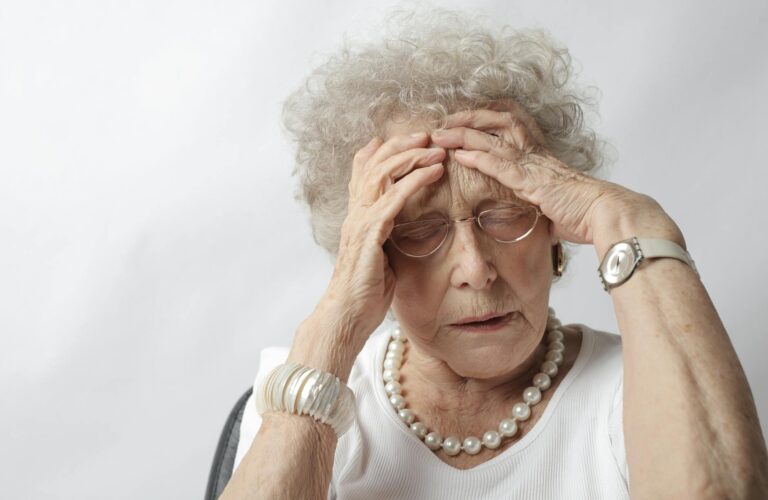Cancer patients generally **need to avoid alcohol or at least significantly limit their intake** because alcohol can interfere with their treatment, worsen side effects, and increase the risk of cancer recurrence or new cancers. Alcohol is a known carcinogen that can damage cells and tissues, impair the immune system, and affect how the body processes cancer therapies.
Alcohol increases cancer risk by several mechanisms. When consumed, alcohol is metabolized into acetaldehyde, a toxic chemical that can damage DNA and proteins in cells, potentially leading to cancer development. Alcohol also causes oxidative stress, which produces harmful free radicals that can injure cells. Additionally, alcohol can cause inflammation and scarring, especially in the liver, which may progress to cirrhosis and liver cancer. It can also impair the body’s ability to absorb essential nutrients like folate, which is important for DNA repair and cell health. For breast cancer specifically, alcohol raises estrogen levels, a hormone that can promote the growth of hormone receptor-positive breast cancers.
For cancer patients, drinking alcohol can complicate treatment in several ways:
– **Interference with treatment effectiveness:** Alcohol can affect how chemotherapy drugs and other medications are metabolized, potentially reducing their effectiveness or increasing toxicity.
– **Increased side effects:** Alcohol can worsen side effects such as nausea, vomiting, mouth sores, and fatigue, making recovery harder.
– **Weakened immune system:** Alcohol suppresses immune function, which is critical for fighting cancer and preventing infections during treatment.
– **Risk of recurrence or new cancers:** Continued alcohol use after a cancer diagnosis is linked to a higher risk of cancer recurrence and the development of new cancers, especially in the mouth, throat, esophagus, liver, colon, and breast.
– **Nutritional concerns:** Alcohol can worsen malnutrition by interfering with nutrient absorption, which is already a concern for many cancer patients.
The risk associated with alcohol is dose-dependent, meaning the more alcohol consumed, the greater the risk. Even low to moderate drinking can increase the risk of certain cancers, particularly breast cancer in women. For patients undergoing hormone replacement therapy or those with hormone-sensitive cancers, alcohol can further elevate risk.
Because of these risks, many oncologists advise cancer patients to avoid alcohol entirely during treatment and recovery. For some patients, especially those with cancers linked to alcohol use or those with liver damage, complete abstinence is strongly recommended. For others, if alcohol is consumed, it should be in very limited amounts and only after consulting with their healthcare team.
In summary, alcohol poses multiple risks for cancer patients by promoting cancer growth, interfering with treatment, and impairing overall health. Avoiding alcohol is generally the safest choice to support treatment success and reduce the chance of cancer returning or new cancers developing.





